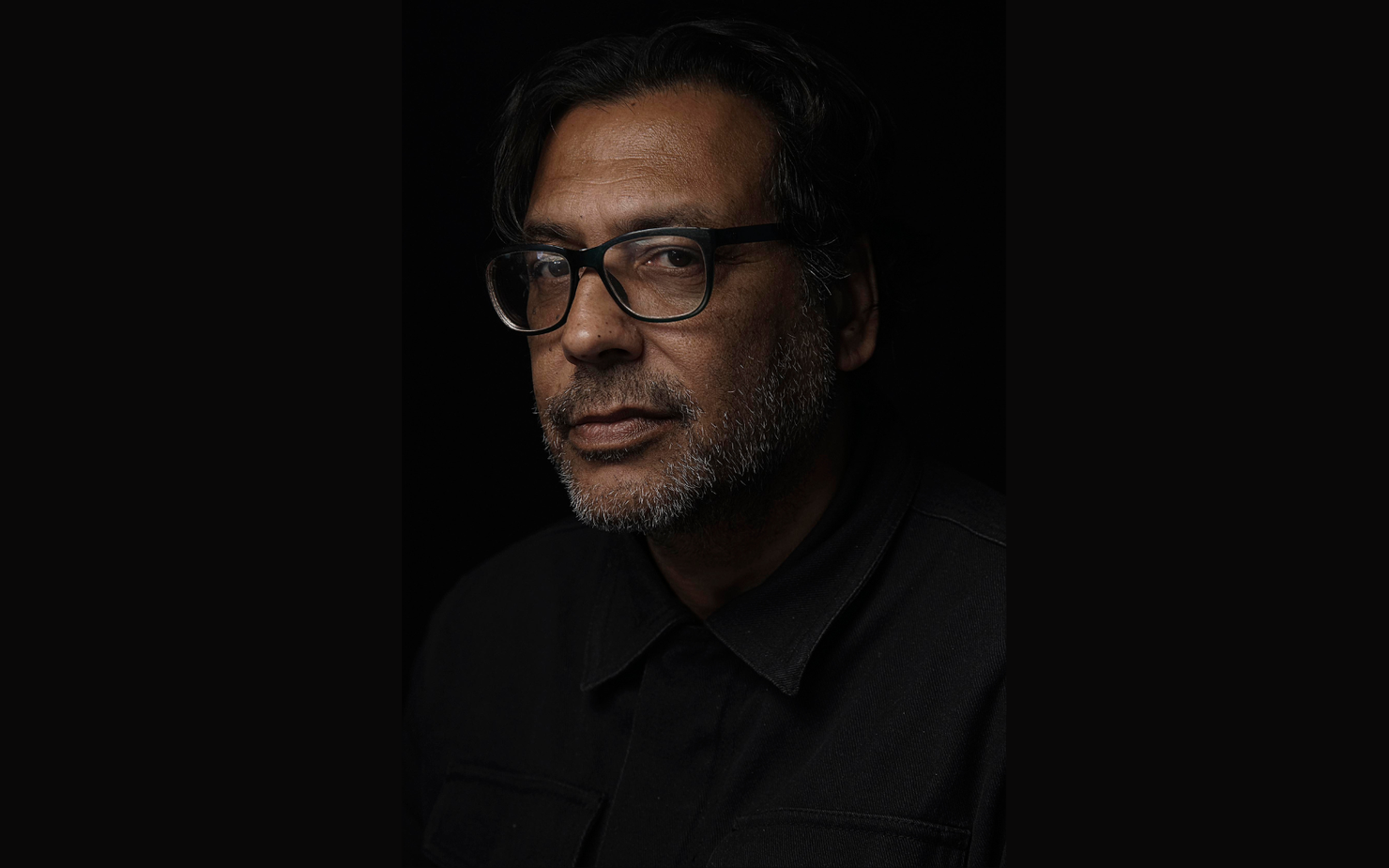All nations and societies remain transactional, no matter how removed or remote. My own, South Africa, is the ever-changing product of movement across land and two great oceans. Qatar, long before the discovery of oil, proved central to terrestrial trade between East and West along the Silk Road and essential to maritime travel spanning the Indian Ocean, the ‘cradle of globalization’, long before Europe’s circumnavigation of Africa in its bid to source the great wealth of the East, given that the Arab world controlled the Suez Canal. My point? Geopolitics is central to shaping history and culture, knowledge production and dissemination.
This talk is a general meditation on this matter. However, specific examples will be provided – namely, a bid to create a multi-purpose educational platform – a school, community recreational and sports centre, cultural hub and museum – designed to embrace education as an ongoing productive life force. In a Canadian ‘Maple Bear’ system, schooling is in indigenous languages, dedicated to regional and interregional growth, but also, more broadly and critically, as a local/global interface. Why? Because blocs are cropping up everywhere. Balkanization, spurred by zealotry, metastasized into a new normal. Because provincialism, while a boon, is also a death knell.
Porous contact zones are a vital antidote. As are innovative educational systems, new museological models, and better human interfaces.
ASHRAF JAMAL is the writer-researcher for ArtBankSA and a research associate in the Visual Identities in Art and Design Research Centre, University of Johannesburg. He has studied in the UK, Canada, and the US and taught in South Africa, Malaysia, and the Turkish Republic of Northern Cyprus universities. Jamal is the former editor of Art South Africa and Art Africa. He is also the co-author of Art in South Africa: The Future Present, co-editor of Indian Ocean Studies: Social, Cultural,and Political Perspectives, and author of Predicaments of Culture in South Africa, Love Themes for the Wilderness, The Shades, A million years ago in the Nineties, Looking into the Mad Eye of History without Blinking, In the World: Essays on Contemporary South African Art, and Strange Cargo: Essays on Art.
